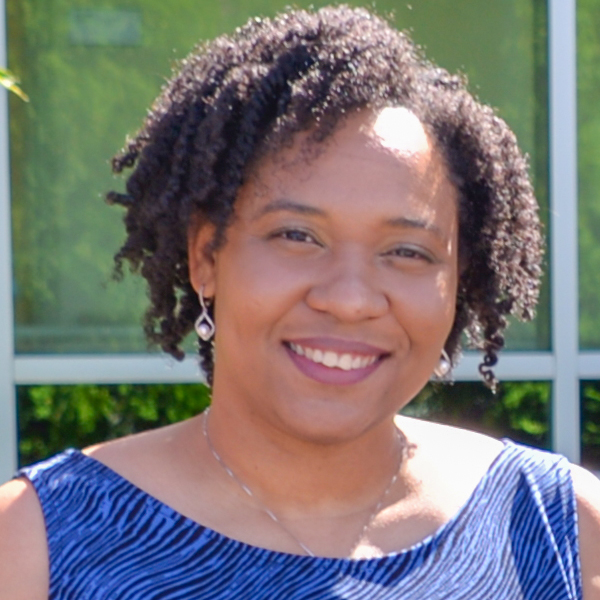Food insecurity impacts health of Northerners

Rosette Moore knows that food insecurity in the North is a multifaceted problem with serious consequences.
Having lived in Canada for the past 12 years, Rosette grew up in Barbados where she also has citizenship. She has an Honours B.Sc. in Nutrition and Dietetics from Brescia University College and completed the Northern Ontario Dietetic Internship Program (NODIP) at NOSM University. As a Registered Dietitian, she is working at the Sault Area Hospital and two long-term care homes in Sault Ste. Marie.
Rosette and her fellow NODIP graduates have gained a firsthand perspective of how the social determinants of health impact nutrition through community placements across the region. .
“We know that food insecurity and malnutrition are a leading cause of complex chronic disease in the North,” says Dr. Sarita Verma, NOSM University President, Vice-Chancellor, Dean and CEO. “We are working to ensure the NODIP curriculum includes culturally sensitive food teachings alongside the knowledge that not everyone has the means or ability to buy the best food.”
Many Indigenous communities in Northern Canada are experiencing a food security crisis with serious implications for health and well-being. Food is simply more expensive in Northern Ontario. Remote Northern communities face the consequences of skyrocketing food transportation costs at sometimes triple the price.
As Registered Dietitians, Rosette and her colleagues are trained to understand that reality, and to translate the complex science of nutrition into terms everyone can understand to support healthy living as much as possible, and advocate for improved access to nutritious food.
“Access to Registered Dietitians—a primary source for nutrition information—is limited,” Rosette says. “But we cannot expect individuals who are struggling financially to properly utilize nutrition education in the first place. The isolation of smaller, remote towns impacts food security. And, the global climate crisis is changing the migratory pattern and reproduction of many animals that Indigenous communities and other Northerners hunt. Food insecurity is ultimately costing people their health.”

Rosette Moore (left) says meeting Dr. Sarita Verma at this summer’s dietetic graduation was one of the highlights of her year. For Rosette, shaking the hand of NOSM University’s President, Vice-Chancellor, Dean and CEO—also a woman of colour—gave her the encouragement she needed to believe that she too can break through any barriers in her way. “To compliment my graduation speech and shake my hand felt like an endorsement of sorts; a symbol that I too can flourish,” says Rosette. “I now feel like I can make a difference in Northern Ontario.”
